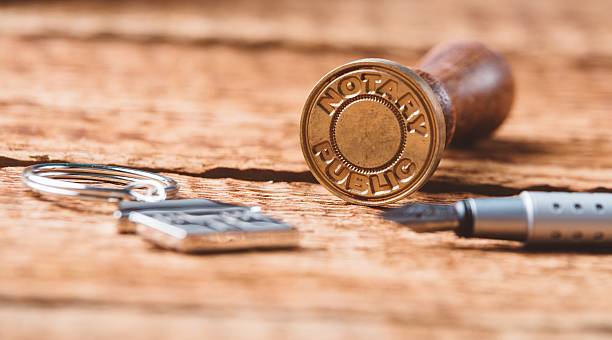
The Notary does not replace your solicitor, but is a public official who is required to ensure that property transactions are carried out correctly and that all taxes due relating to the sale of a property be paid to the government. You cannot use him/her as your agent or give them instructions in the way you would a solicitor. However, the Notario can give you lots of useful advice.
The Notario does not only oversee property contracts but also wills. They will also register company charters and the official minutes of a community of property owners.
For many years Notarios have registered sales contracts which did not represent the true purchase price (under-declaration of true amount) and they chose not to get involved with any taxes, leaving that to the purchaser’s solicitor.
Much has changed recently and these day Notarios are compelled to warn the various parties involved in a sales contract that if they undervalue a property by more than 20% (and this could change again), they will be heavily fined by the Hacienda, the Spanish Tax Authority, should they discover the discrepancy.
They are also required to confirm that 3% of the purchase price is retained and paid directly to the Hacienda after the sale of a property by a non-resident of Spain as a guarantee against capital gains tax.
This amount can be refunded provided the property has been sold at a loss and that proof of all taxes have been paid in full.
If this refund is possible then it can only be made into the Spanish Bank Account of the Seller.
The Notary will have to make some legal checks, but these differ from region to region. Generally though, they should have asked for a property registry filing before the signing of the Escritura to confirm that you are indeed the owner of the property and that the property has no debts or tenants or other unexpected problems.
When you are in the office to sign the Escritura, the Notario must confirm the personal details and identities of all concerned with the sales contract and will then read the contract aloud, usually in Spanish, so you will need someone like your solicitor or a translator to be present In fact, some Notarios will insist that there is an English speaking lawyer or translator with you before they agree to sign the deeds.
The Notary then sends on the contract to the Property Registry for inscription. The original property contract “Escritura” remains with the Notario and you can request an authorised copy at any time. They also retain the original copy of any will made at their office
The Spanish government set the Notario’s fees and these are payable according to the declared value of the property and also the number of clauses contained in the deeds. The fees may be from 0.1% to 0.4% of the declared value, the lower amount for more expensive properties and the higher for those of smaller value. In addition, if you have obtained a mortgage on the property you will be required to pay the Notario’s fees for the mortgage deeds.
Usually, the Notario is one of the less costly aspects of property purchase in Spain and fees for wills are around €75 if they are uncomplicated. Notarios will give you good advice on a range of matters but you should not consider them an alternative to your own lawyer.
Tel +34 952927833 or email info@andalucianproperties.info
Kind Regards
John Stephenson
Andalucian Properties